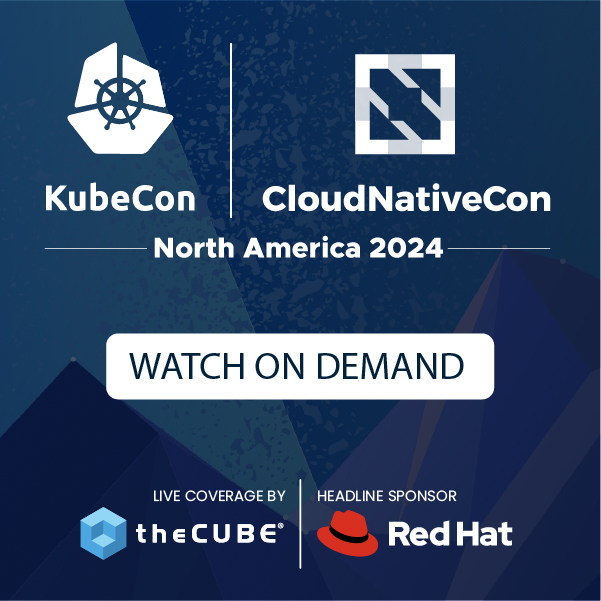Journalists Won’t Report on News Unless it Drives Pageviews
Sam Whitmore is the best media watcher around, he regularly talks to the press as part of his research for the excellent Sam Whitmore’s Media Survey, which is heavily used by all the large PR agencies.
I was at a recent panel moderated by Sam Whitmore that discussed pageviews and the effect on journalism. Although nothing much emerged from that event, it is an important issue, and Sam has been collecting more information on this topic.
From ITMemos:
Sam Whitmore reports:
It’s now a luxury for a reporter to write a story about an obscure but important topic. That used to be a job requirement. Now it’s a career risk.
Example: let’s say an interesting startup has a new and different idea. Many reporters now won’t touch it because (a) the story won’t generate page views, and (b) few people search on terms germane to that startup. Potential SEO performance is now a key factor in what gets assigned.
Two reporters from two different publications this month both told us the same thing: if you want to write a story on an interesting but obscure topic, you had better feed the beast by writing a second story about the iPad or Facebook or something else that delivers page views and good SEO.
Page view journalism will make our society poorer because less popular but important topics will be crowded out.
This also means companies with decent stories to tell will be lost in the media tsunami. All the more reason why companies must also generate their own media, to make up for the shrinkage of the independent media industry. (When Every Company Is A Media Company…)
The dirty little secret of journalism’s focus on pageviews is that the value of each page view is decreasing, because there is so much competition for views. This means its a strategy that will likely lead to failure. Media organizations need to adopt a multi-revenue business model, or what I call a Heinz 57 model.
In January I wrote:
The Killer Pitch? – When PR Agencies Can Do This – Look Out …
…here’s a killer pitch. It’s one that I haven’t heard yet but it’s only a matter of time.
" … and we have the ability to drive a lot of traffic to your story."
In a world where reporters are increasingly rewarded not on the quality of their work but on how much traffic their stories attract — this becomes the killer pitch.
Luckily, PR companies haven’t figured out how to reliably drive traffic to a specific story beyond submitting it to Digg, etc.
[Editor’s Note: Beyond the usual disclosure (Tom cross-posted this to his personal blog, Silicon Valley Watcher), I’d also like to mention that SiliconANGLE doesn’t rely on pageview based methods of earning an income (nor does Tom’s biz model at SVW, to the best of my knowledge), and that directly affects our story decisions because we don’t necessarily care if we get a monster page-view garnering story on the wire daily. It’s interesting to bring up because while much of what we do at SA and SVW is akin to journalism, but because we also consult and work in the field beyond simply reporting news, purists don’t call us journalists in the traditional sense of the word. Our lack of adherence to CPM based ad pay models, though, could arguably give us a less myopic platform from which to create media. –mrh]
A message from John Furrier, co-founder of SiliconANGLE:
Your vote of support is important to us and it helps us keep the content FREE.
One click below supports our mission to provide free, deep, and relevant content.
Join our community on YouTube
Join the community that includes more than 15,000 #CubeAlumni experts, including Amazon.com CEO Andy Jassy, Dell Technologies founder and CEO Michael Dell, Intel CEO Pat Gelsinger, and many more luminaries and experts.
THANK YOU











